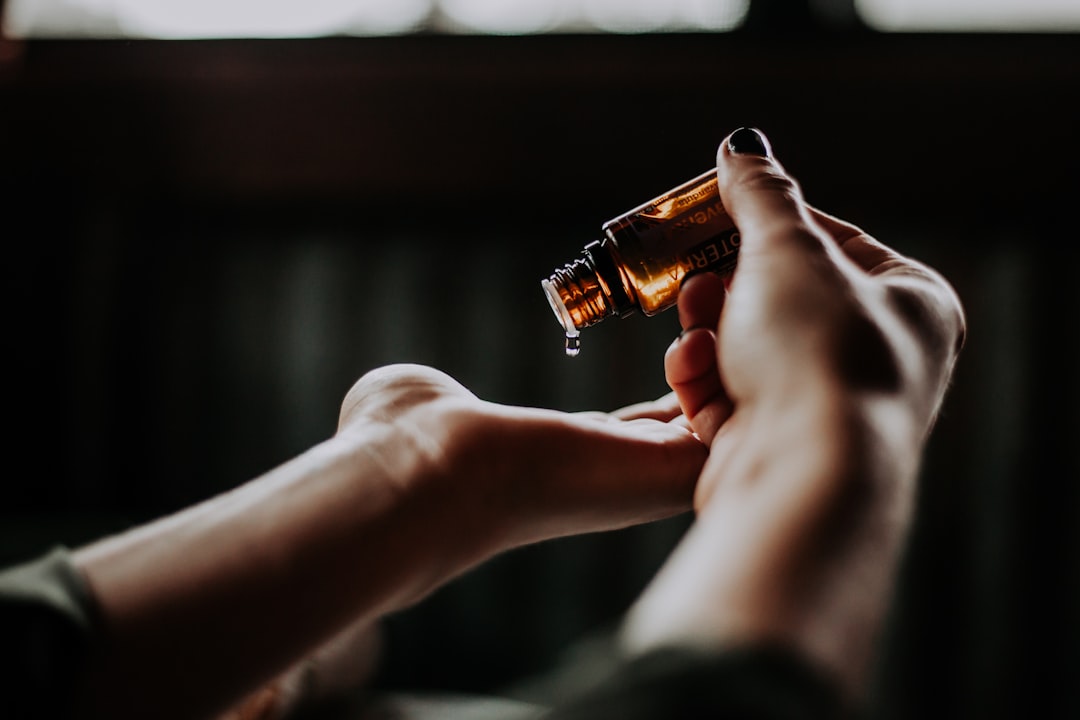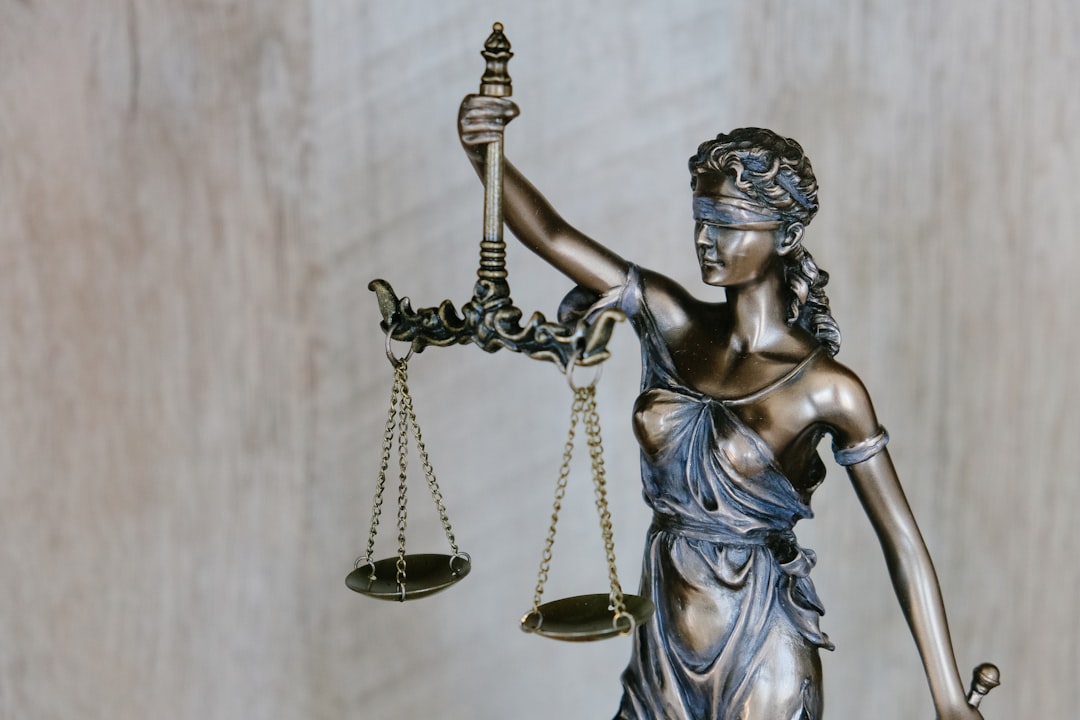Massage abuse attorneys in Seattle WA navigate complex legal and ethical issues to advocate for victims, protect confidentiality, and hold perpetrators accountable. They foster trust in the system by providing trauma-informed support, connecting survivors with resources, and ensuring justice while upholding stringent ethical standards.
In Seattle, Washington, there has been a growing awareness of massage abuse cases, raising important ethical considerations for local lawyers. This article explores the unique challenges faced by massage abuse attorneys in the city. We delve into understanding these cases, examining legal and ethical obligations, and providing best practices for supporting survivors. For massage abuse attorneys in Seattle WA, navigating these complex issues is paramount to ensuring justice and healing for victims.
Understanding Massage Abuse Cases in Seattle
In Seattle, cases of massage abuse have been gaining attention, prompting ethical considerations for local lawyers specializing in such matters. Massage therapy, while intended to provide relaxation and therapeutic benefits, has unfortunately been exploited by individuals who target vulnerable clients. These cases often involve allegations of sexual harassment, assault, or the misuse of trust during therapeutic sessions. Seattle, being a bustling metropolis with a vibrant wellness culture, hosts numerous spas and massage businesses, making it crucial for lawyers to be well-versed in handling these sensitive cases.
Massage abuse attorneys in Seattle, WA, play a vital role in advocating for victims who may feel intimidated or unsure about reporting such incidents due to the intimate nature of the setting. Lawyers must navigate complex legal and ethical terrain, ensuring that client confidentiality is maintained while also pursuing justice. Understanding the nuances of these cases requires a delicate balance between respecting privacy and holding perpetrators accountable, thereby fostering trust in the legal system for survivors of massage abuse.
Legal Obligations and Ethical Responsibilities for Attorneys
Attorneys in Seattle, particularly those specializing in cases of abuse, have a dual role that demands both legal expertise and ethical vigilance. Their primary legal obligation is to represent their clients with diligence and competence, ensuring they advocate for justice and fairness within the bounds of the law. This includes thoroughly investigating the case, gathering evidence, and constructing robust legal arguments to protect the interests of their clients, especially those who have endured trauma and abuse.
Beyond legal duties, Seattle lawyers dealing with massage abuse cases carry significant ethical responsibilities. They must uphold the highest standards of integrity, maintaining confidentiality and respecting the privacy of victims. This means handling sensitive information with discretion, ensuring client consent in all communications, and avoiding any conflict of interest that could compromise their professional judgment. Attorneys should also be proactive in navigating complex ethical dilemmas, such as when dealing with potential coercion or threats from those accused of abuse, always prioritizing the welfare and safety of their clients and the integrity of the legal process.
Supporting Survivors: Best Practices for Representation
Supporting survivors is a fundamental aspect of the role for any massage abuse attorney in Seattle, WA. The best practices for representation involve creating a safe and non-judgmental environment that encourages open communication. This includes ensuring confidentiality, as many survivors may be reluctant to share their experiences due to fear of repercussions or embarrassment.
Lawyers should also be trained in trauma-informed care, understanding the potential long-term effects of abuse on mental health. This approach allows for more empathetic interactions and better legal strategies tailored to the survivor’s needs. Effective representation further involves offering various support services, such as connecting survivors with counseling or advocacy groups, ensuring they have access to resources that promote healing and recovery beyond legal proceedings.






